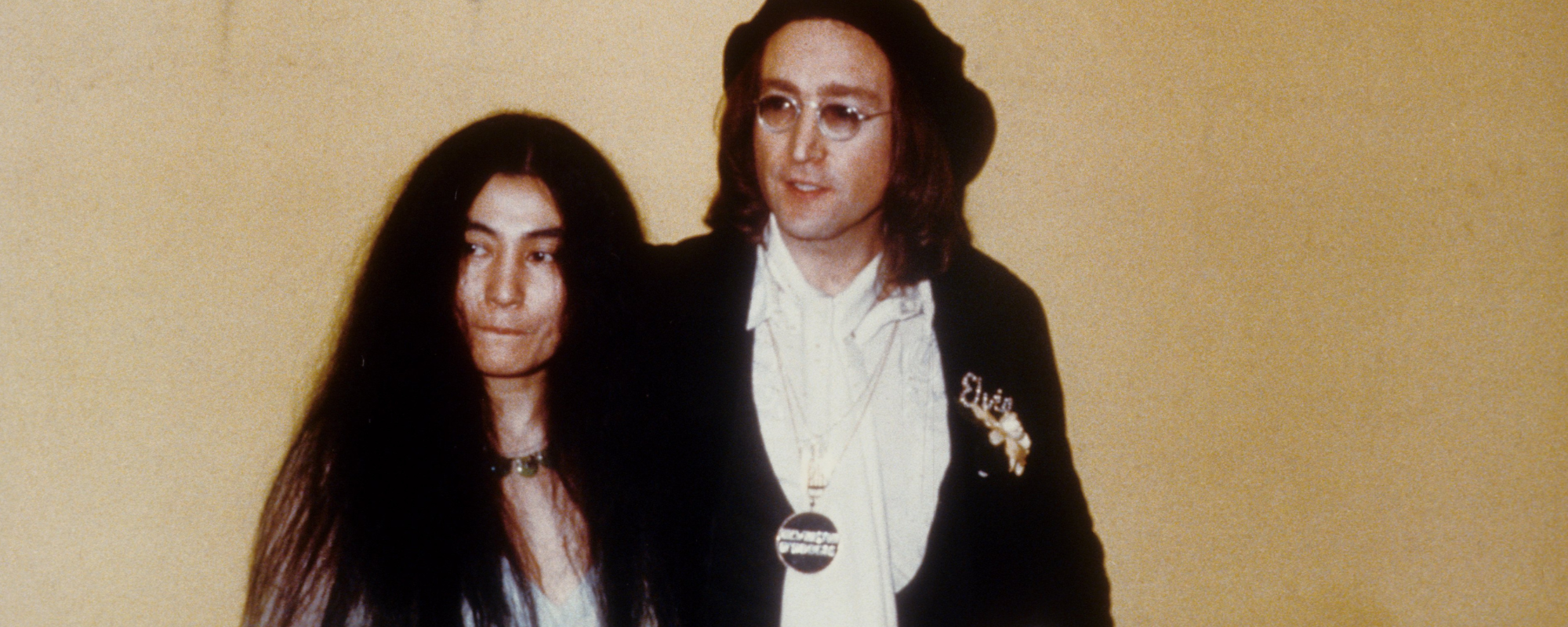The sophomore slump caught up with Dire Straits, but they quickly atoned for that with a third-album masterpiece. This esteemed British band rose to the occasion on Making Movies, which was released in 1980 and features some of Mark Knopfler’s finest songwriting, as well as a sound somehow both tighter and more expansive than what the band had managed previously.
Videos by American Songwriter
The success of Making Movies is even more striking when you consider that the band underwent a major personnel change in the midst of making it. Let’s take a look at how this wonderful album came together.
Some Special Guests and One Less Band Member
Dire Straits tripped up somewhat with their 1979 album Communiqué, which followed on the heels of their acclaimed self-titled debut. Communiqué featured a similar pub-rock sound, but lacked the top-flight material. Mark Knopfler was dismissive of the record after the fact, but was determined to shake things up a bit for the next record.
To that end, they brought in young producer Jimmy Iovine, who had just shepherded Damn the Torpedoes by Tom Petty and the Heartbreakers to massive success, thanks to the his exacting focus on the sound. Iovine had also served as an engineer for Bruce Springsteen’s most recent albums, which led to him employing E Street Band keyboardist Roy Bittan for the Making Movies sessions.
But those sessions didn’t always run smooth. David Knopfler, the band’s rhythm guitarist and brother to Mark, left the band after battling with his sibling in the studio. That led Mark to rerecord those parts with help of uncredited session player Sid McGinnis.
Cinematic Writing
Despite all that, Mark Knopfler was able to keep intense focus on the material on Making Movies, as he told interviewer Bill Flanagan:
“Making Movies was closer to what I like to do. On that record I was determined I would not be immobilized by anything. I was going on to do what I knew I could do. I just kept on working. I decided against being waylaid, to be a survivor instead of casualty. That break gave me the time to consider all that had happened and to express it in terms of music. Retrospect’s a really good thing. Time to think and write it down”
The end result was an album where almost every track sounds like a hit (we’re leaving the somewhat anticlimactic closing track “Les Boys” out of that group), even while they contain some extremely literate and affecting lyrics. Bittan’s keyboard work added that little bit of flavor that previous Dire Straits records might have lacked. Mark Knopfler’s guitar work is more concise on the records, filling in the gaps, while the rhythm section of bassist John Illsley and drummer Pick Withers chugs along with grit and grace. Iovine’s production makes every element pop, even while leaving enough space for Knopfler’s vocals to tell his stories.
The centerpiece is “Romeo and Juliet,” which stands out as one of the most touchingly wistful love songs in rock history. It captures the sweet fumblings of new romance, even as the narrator is speaking from a heartbroken perspective. Interestingly enough, the song, like other singles released from the album, did nothing on the U.S. charts, although it hit the Top 10 in the UK.
Maybe the lack of the big hit is why Making Movies still feels underrated. But when you start to play the thing, you realize just how jam-packed it is with goodness. “Tunnel of Love,” “Solid Rock” and “Expresso Love” all stand out as dynamic uptempo tracks with a lot to say. “Skateaway” is a character sketch that elevates its rollerskating subject to practically heroic status, while “Hand in Hand” finds Knopfler singing with tenderness and vulnerability even as the music stays tough.
Dire Straits’ Masterpiece?
In 1985, Dire Straits released Brothers in Arms, their fifth album. That record contained the monster hit “Money for Nothing,” which greased the wheels for a stretch where the band slid into the world of pop radio (and MTV) and saw their popularity skyrocket.
But pound for pound, Making Movies stands as the better record. As it has happened many times in music history with the greatest bands, everything coalesced for Dire Straits on the magical third album. Superstar status was coming, but this record was their musical peak.
When you purchase through links on our site, we may earn an affiliate commission.
Photo by Mike Prior/Redferns












Leave a Reply
Only members can comment. Become a member. Already a member? Log in.